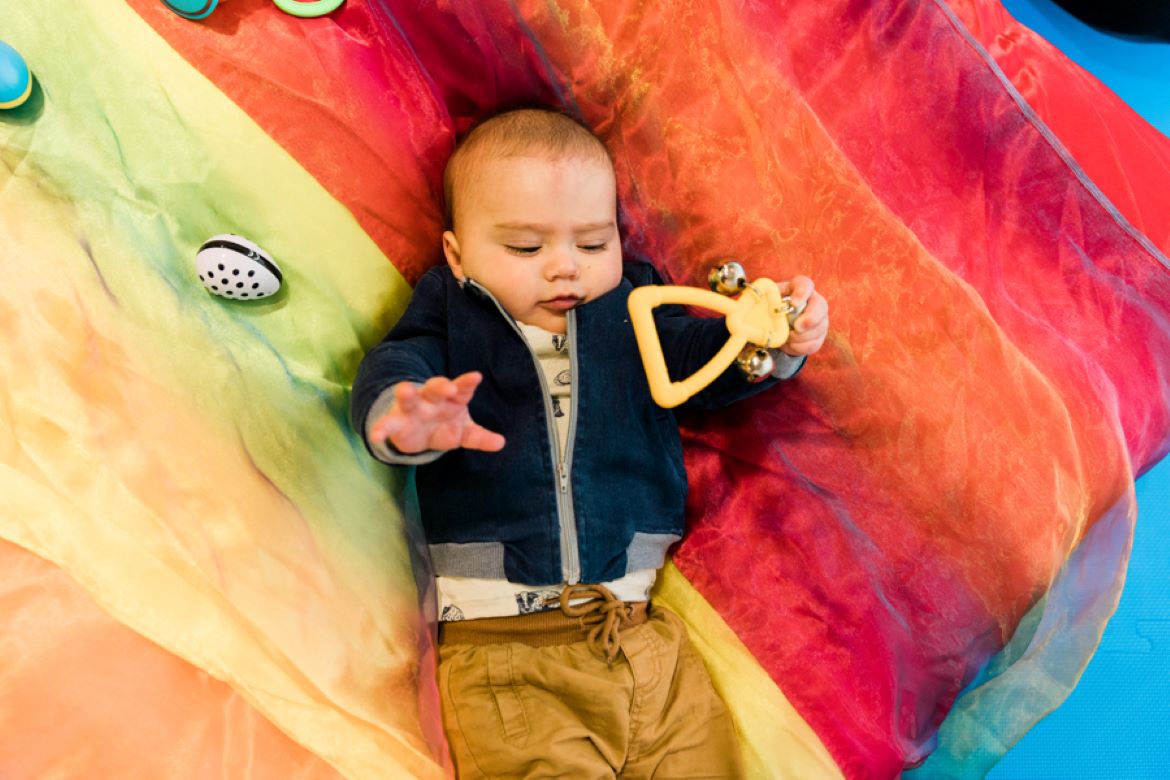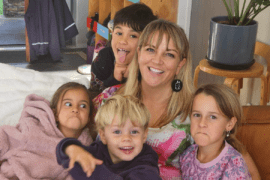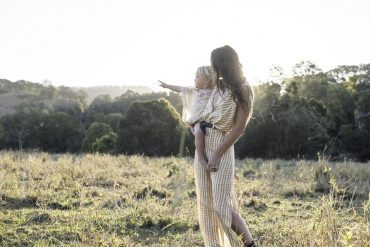Musical experiences can make a huge difference to all areas of learning and development. Songs and action rhymes develop language and listening skills, hand-eye coordination, muscle strength, socialisation and neurological development of the brain.
Playing an instrument encourages children to release stress and frustration and to experiment with and explore sound patterns. Fine motor movements and finger coordination are also enhanced as a result. Listening to music boosts attention, mood, memory and motivation. Movement to music improves physical endurance, muscle strength, posture and creativity. Music in all its forms can give children a sense of security, a sense of belonging and a sense of importance.
In the home, nursery, Baby Sensory or Toddler Sense class, music can set the tone for a relaxed, warm and inviting atmosphere.
It can help parents address the emotional, creative, language and social needs of babies and toddlers and it can be used to support movement activities.
Music can also meet the needs of babies and toddlers from different cultures. The effect of music on infants with sensory impairments, disabilities, illnesses and special learning needs can be far-reaching.
Singing
Singing is a natural combination of sounds and rhythm. Songs and rhymes provide a powerful stimulus in terms of language development and it is never too early to introduce them. Even if babies cannot understand the words, they will pay attention to sounds, actions and facial gestures. Babies and toddlers will listen to familiar songs over and over again, and they will show pleasure whenever they hear them. Songs with a repetitive theme such as Round and Round the Garden and Pat-a-cake help them learn new words in an enjoyable way. They also encourage participation and turn-taking through clapping and body actions.
Songs and action rhymes give babies and toddlers a sense of belonging, which is important for their self-esteem.
Allowing toddlers to choose their own songs and sing their own versions heightens the fun and encourages participation.
Most toddlers will join in if the setting is cosy and intimate and the singing is emotionally warm, inviting and fun. Very often, a child who seems to be paying no attention will sing the songs at home. Babies also absorb the sounds that they hear. Later on, they may surprise their parents by singing a song or lullaby from beginning to end that they regularly heard in early infancy!
Playing music
It is well known that babies are soothed by familiar lullabies and songs and classical music of a slow pace. The sound of the washing machine or vacuum cleaner can also soothe and calm a baby because these sounds are similar to the noises heard in the womb. However, the rhythmic sound of the human heartbeat has the most positive effect on babies.
There is no limit to the different types of music, songs and styles that parents can use to stimulate a strong interest in music.
From about seven months of age, most babies will move rhythmically to music with a strong rhythm or repeat. Towards the end of the first year, they may clap their hands and stamp their feet in time to the music and mood expressed. If music is introduced early on, babies and toddlers will naturally integrate the sounds and vibrations into their body movements.
Playing soft instrumental music to children can bring about a marked improvement in mathematics, reading and reasoning skills. Music with a moderate tempo can improve concentration and listening skills and a strong rhythm or fast beat can increase attention and interest.
Listening skills in toddlers can be developed by drawing attention to sounds and asking questions about them. For example, “Is the sound of an alarm clock loud or soft?” “Is the ping of the microwave high or low?”











